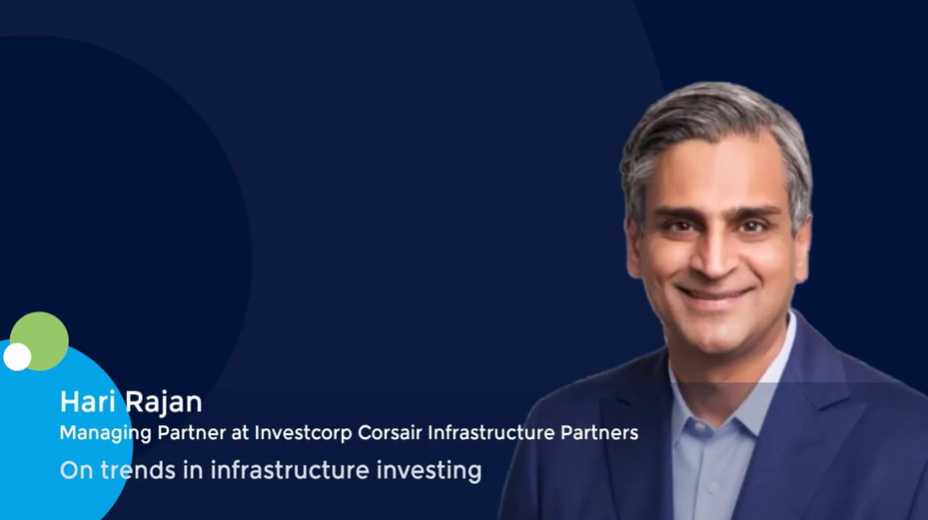European spacetech M&A to receive boost from new emphasis on defence spending — EMEA Dealspeak
Dealmaking in the European spacetech sector is set to skyrocket as a result of the combination of geopolitical tensions and a growing emphasis on defence budgets.
Europe finds itself between China and the US, two superpowers engaging in competitive stargazing, while Russia continues to pose a threat to the region’s stability through hybrid warfare tactics.
Meanwhile, US President-elect Donald Trump has been vocal about his thoughts regarding the North Atlantic Treaty Organization (NATO) and how he thinks European members need to sharply increase their monetary contributions to the alliance.
“It seems very likely that Europe is going to have to learn to stand on its own two feet more in terms of defence”, said James Bruegger, Chief Investment Officer at Seraphim Space. “This means there will be more focus on sovereign defence capabilities, which in turn will bring spacetech into a very sharp focus in the year and years ahead.”
The mood in the European sector was cautious as recently as May 2024, six months before Trump’s victory in the US Presidential race, with investors fretting about the risks of the sector being over-hyped.
However, the valuation of listed players picked up in the second half. “This is a good indicator that the sector will continue an upward trajectory this year”, Bruegger said.
One deal from 2H24 indicating that the mood is changing was Tekever, a Portugal-headquartered surveillance drone manufacturer. The company, which wants to use its tech to push the boundaries of space, closed an EUR 70m funding round on the eve of Trump’s election.
As a result of the improving sentiment towards the end of the year, European spacetech deal registered EUR 2.7bn in 2024, sligthly up from EUR 2bn in 2023, according to Mergermarket data.
Up and down
European spacetech dealmaking has been on a rollercoaster ride over recent years with 2021 volumes rocketing to record heights of EUR 16.5bn, only to plummet to EUR 1.9bn the following year.
However, SpaceX CEO Elon Musk’s appointment to oversee the efficiency of the US government, as well as Trump’s pick of billionaire entrepreneur and private astronaut Jared Isaacman to lead the National Aeronautics and Space Administration (NASA), show that spacetech is going to be high on the agenda across the Atlantic, which could drive deals in Europe and elsewhere.
At the same time, China has been ramping up its spacetech capabilities more than ever before. The country’s venture capital (VC) spending, largely driven by the Chinese government, in the segment overtook the US for the first time in the first half of last year, although US volumes for the full year came on top, according to Seraphim Space’s Space Index 4Q24.
Private equity (PE) investors have been orbiting space tech assets in recent years. Businesses that are well-aligned with the US Department of Defence will continue to be particularly attractive to sponsors and potentially also to defence and aerospace players, according to Bruegger.
Notable PE landings in the space tech universe include OHB, a German satellite and space systems technology group, which was taken private in 2023 by its majority shareholder and founding family via the Fuchs Family Foundation and the private equity firm KKR [NYSE:KKR].
Reach for the stars
European spacetech companies reaching for the stars include Finnish provider of satellite-based information services ICEYE, Italian in-space logistics services provider D-Orbit, and German spacecraft firm The Exploration Company, each of which closed large fundraising rounds last year.
Significant increases in funding mechanisms to space tech startups are also expected to continue, including such as local investments supported by the EU, Bruegger said. “There is a lot of additional risk capital trying to find its way to early-stage companies in the space”, he said.
In one example, European members of NATO raised the EUR 1bn NATO Innovation Fund (NIF) in 2023 focused on start-ups developing technological solutions addressing critical defence and security challenges. NIF lists 13 European portfolio companies and VC investors on its website, including Tekever.
Europe may be behind the US and China in the race, but there is plenty of space left.













